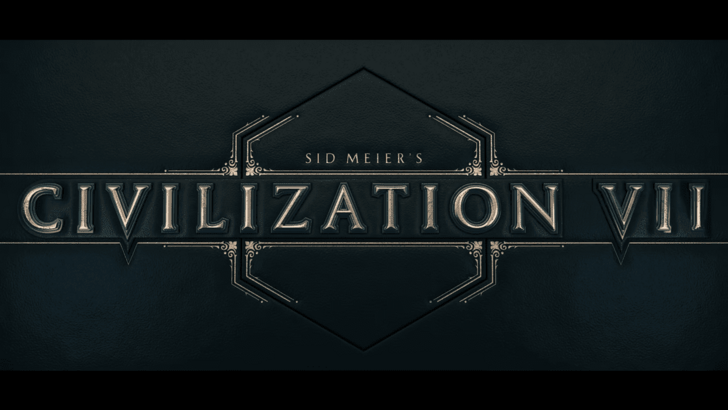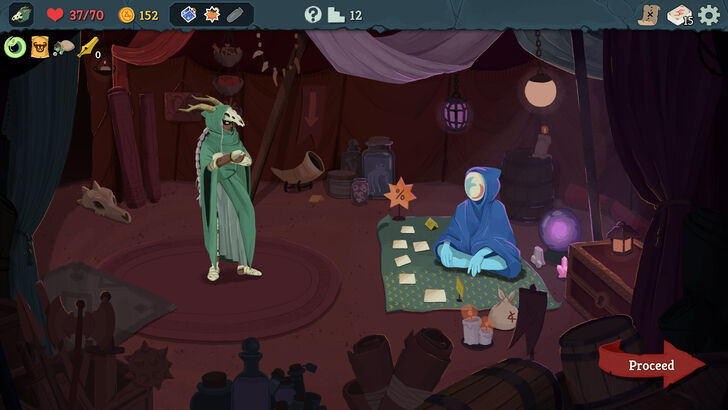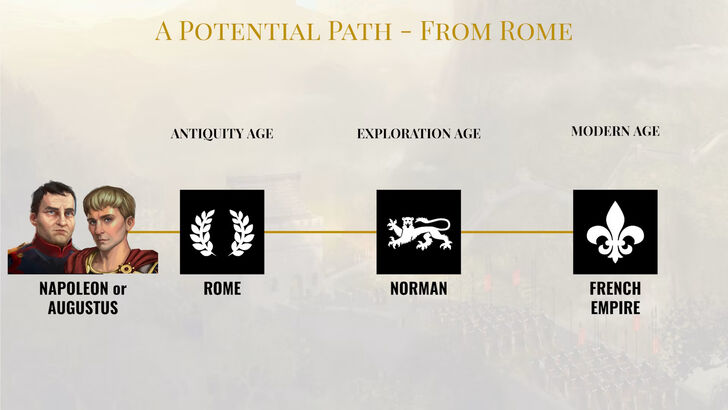Civilization VII: 2025's Most Anticipated PC Game Unveils New Campaign Mechanics

Civilization VII has been crowned the most anticipated PC game of 2025 by PC Gamer's "Most Wanted" event. This accolade follows the reveal of innovative gameplay mechanics designed to enhance campaign engagement. Read on for details from the PC Gaming Show and a closer look at Civ VII's exciting new features.
Topping the Charts for 2025

On December 6th, the PC Gaming Show: Most Wanted, hosted by PC Gamer, announced Civilization VII as the number one most anticipated game of the coming year. The ranking was determined by a vote from "The Council," a panel of over 70 developers, content creators, and PC Gamer editors. The nearly three-hour livestream showcased the top 25 games of 2025, also featuring new trailers and updates for other titles.

Doom: The Dark Ages and Monster Hunter Wilds secured second and third place, respectively, with Slay the Spire 2 rounding out the top four. Other notable entries included Metal Gear Solid Delta: Snake Eater, The Thing: Remastered, and Kingdom Come: Deliverance II. Interestingly, Hollow Knight: Silksong was absent from the list.
Civilization VII is set for a simultaneous release on PC, Xbox, PlayStation, and Nintendo Switch on February 11, 2025.
Addressing Campaign Completion with the "Ages" Mechanic
In a PC Gamer interview on December 6th, Civ VII's Creative Director, Ed Beach, discussed a key new mechanic aimed at improving campaign completion rates. Data from Civilization VI revealed a significant number of players didn't finish campaigns, prompting Firaxis Games to address this directly. Beach stated, "We had a lot of data that people would play Civilization games and they would never get all the way to the end...so we wanted to do whatever we could...to really address that problem directly."
The solution is the "Ages" system, dividing campaigns into three distinct chapters: Antiquity, Exploration, and Modern Ages. Upon completing an Age, players can transition to a historically or geographically linked civilization, mirroring the rise and fall of real-world empires.

This transition isn't random; connections must exist between civilizations. For instance, the Roman Empire might progress to the French Empire, potentially with the Norman Empire serving as a bridge. Leaders persist across Ages, maintaining player connection to their empire and rivals. An "overbuild" feature allows for constructing new buildings atop existing ones, although Wonders and certain structures remain intact.
This innovative approach allows players to experience multiple civilizations within a single playthrough, offering fresh perspectives on cultural, military, diplomatic, and economic strategies while maintaining a consistent leadership presence.















